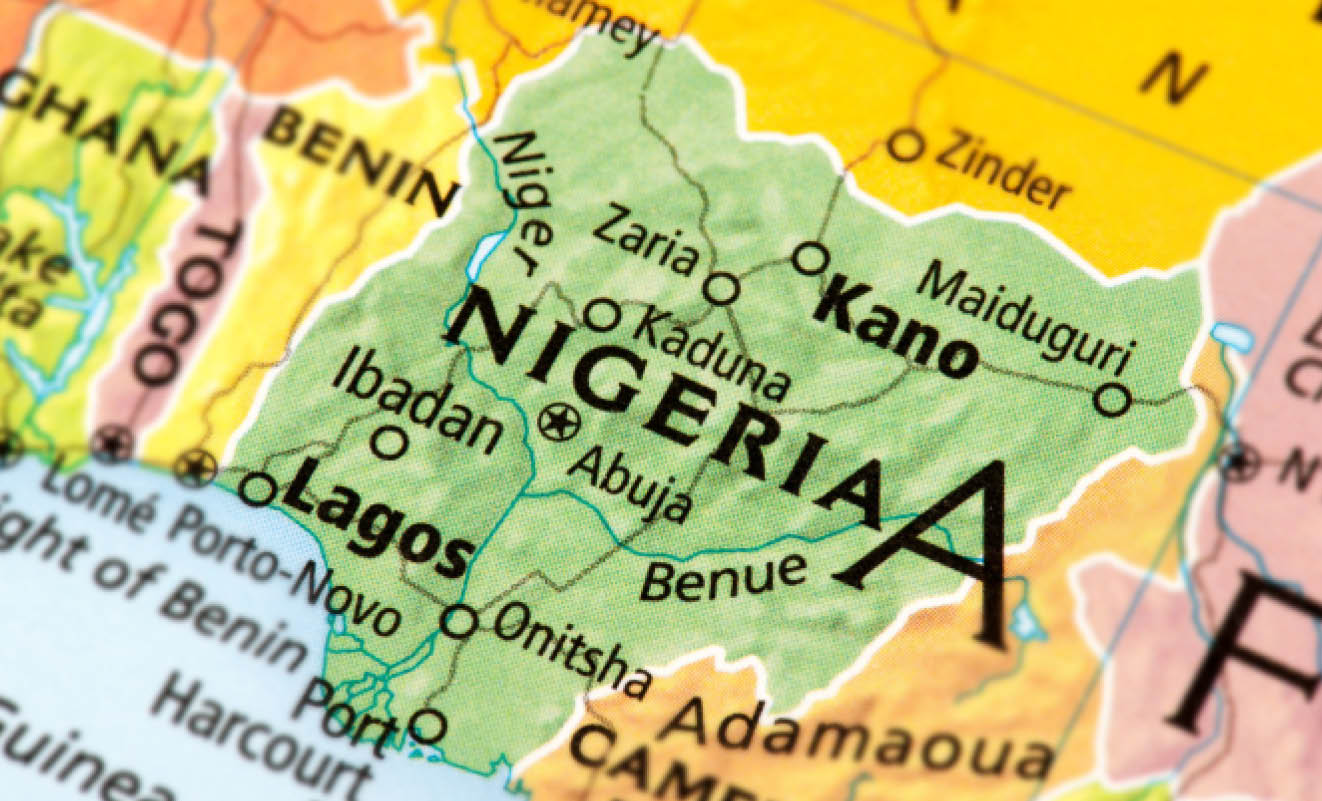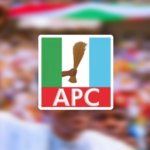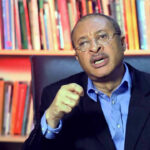Nigeria’s march to nationhood began 64 years ago. That journey started with a choice, when “Our founding fathers chose democracy as a form of government and launched the dream of a great country that would lead the rest of Africa out of poverty, ignorance, and underdevelopment, a beacon of hope to the rest of Africa and the world”. That was how President Bola Tinubu took us briefly down memory lane in his Independence Day speech yesterday.
However, that reminder left a sour taste in our mouths. It is tragic that, as the president observed, the dreams that our founding fathers envisaged are still a work in progress 64 years later! Today, Nigeria’s ability to lead itself has been greatly impaired; leading Africa is even out of the question, at least not now.
The tragedy of Nigeria is that every administration that emerges paints this picture of Nigeria being a WIP. And each administration tells us why this is the case. And each goes ahead to detail the failures of the past administrations that prevented the country from moving forward. Then each goes on to convince Nigerians, or try to do so that during its tenure the fruits of the work that had been in progress for so long would manifest. Today, Nigerians are in a good position to share their experiences.
And they ask: Shouldn’t a work in progress have some benchmarks? Shouldn’t a work in progress have some timelines? If after such a long time of work on one project, the results are still not within sight, shouldn’t questions be raised over the quality of work being done?
- Nigeria @64: Ethics, morals, key to positive economic growth -Shettima
- Tinubu, Shettima, others celebrate Nigeria’s independence in Abuja
Or, more scientifically, shouldn’t this our WIP be benchmarked against its contemporaries? We started in 1960 to work on this project. Who are our contemporaries on this journey? We chose democracy as a way of government. What has that choice done for us? What has it done for our contemporaries who made the same choice, if theirs is different from ours, we ought to know what is wrong with us and decide what we can do differently?
This is why all well-meaning Nigerians must be worried about this sluggish traction towards achieving a national dream. This 64-year drudgery becomes more painful when we juxtapose our experiences with those of other nations who by historical accounts should be regarded as age mates. Take Malaysia, for example. This Asian example of a performing nation gained independence from Britain in 1957, just three years ahead of Nigeria. That should make the two countries contemporaries when it comes to their years of independence.
And just like Nigeria, Malaysia’s independence was premised on democratic principles as enshrined in the country’s constitution that was created by the Reid Commission in 1957. Like Nigeria, Malaysia’s constitution was based on democracy and the rule of law. These two principles formed the country’s governance, according to Azhar Mahdzir, writing about Malaysia’s history.
Now, let’s apply the rule that two commodities that have the same value must sell at the same price. The governance system provides the rail line on which the train of the country runs. Therefore, if Nigeria and Malaysia choose the same principles of governance (democracy), why would the two countries have divergent results?
Now, let’s examine some specifics about the two countries. Today, Malaysia is an upper-middle-income country; Nigeria is a lower middle income. Writing about Malaysia, the World Bank says that since that country gained independence, it has undergone “A profound economic transformation, transitioning from a predominantly agricultural and commodity-based economy to a robust manufacturing and service sector”. This has transformed Malaysia to a leading exporter of electrical appliances, parts, and components, driving remarkable growth that elevated the nation from low- to upper-middle-income status within a single generation.
In Malaysia, the World Bank says that less than one per cent of the population lives below the international extreme poverty line of US$1.90 a day, and only 2.7 per cent lives below the average poverty line among its upper-middle-income peers at US$5.50 per day.
Now, look at Nigeria. The World Bank says that our poverty rate is estimated to have reached 38.9 per cent in 2023, with an estimated 87 million Nigerians living below the poverty line. That means the world’s second-largest poor population after India. Besides, Nigeria’s poverty rate is even expected to worsen between 2024 and 2025 before stabilising in 2026, the bank says.
The concept of WIP connotes value addition going on resources. When firms carry the item WIP on their balance sheets, they show their stakeholders that value addition is going on. But no company carries the same WIP on its books perpetually. So too, Nigeria cannot or should not continue in this unfortunate garb of an ending work without value being added to the citizens’ collective essence.
If work in progress implies that value is being added, then why are we still where we are today as a nation? Why is there no value being added, or as much as we should have? The condition of Nigerians today does not show that enough value is being added to Nigerians.
There is no doubt that Nigerians have been short-changed by the leadership they have had all along. This leadership refers to the long continuum covering the 64 years of elongated nation-building.

 Join Daily Trust WhatsApp Community For Quick Access To News and Happenings Around You.
Join Daily Trust WhatsApp Community For Quick Access To News and Happenings Around You.


